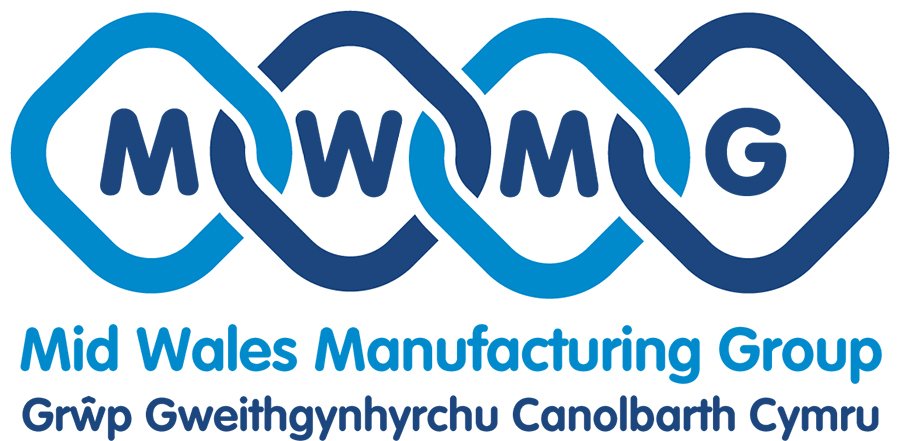SME Brexit Support Fund
This week the government announced that small and medium-sized businesses (SME's) can get up to £2,000 through the SME Brexit Support Fund to help with training or professional advice. The grants can be used for training on:
· how to complete customs declarations
· how to manage customs processes and use customs software and systems
· specific import and export related aspects including VAT, excise and rules of origin.
The fund will be administered through the existing Customs Grant Scheme and will open for applications next month.
Find out more about the support fund on GOV.UK.
This week they are answering some commonly asked questions about:
· using more than one customs intermediary
· the new VAT rules for goods under £135
· where to access HMRC help and guidance.
I regularly export goods from my factory in Great Britain to customers in the EU, can I use more than one customs intermediary?
Yes, it’s up to you to decide what works best for your business. Using a single intermediary for all movements may be cheaper and more efficient. This is because that intermediary will already have your business set up on their system, which makes repeat declarations quicker, easier and cheaper.
There may be lots of commercial reasons why using a different intermediary for specific movements might make more sense for you, this could be if your goods leave GB via different routes.
For example, you may export pieces of furniture to Spain by boat via Southampton, and you send furniture hardware to Hungary by plane via Heathrow. You might want or need to use a different intermediary for those movements, as an intermediary may only deal with goods moving through a particular port or airport and will only hold a CHIEF badge for movement of goods via that route.
Here is a list of customs intermediaries that can help you.
How do the new VAT rules for goods under £135 affect me?
The new VAT model for goods under £135 ensures goods from EU and non-EU countries are treated in the same way, and that UK businesses are not disadvantaged by competition from VAT free imports.
The new system also addresses the problem of overseas sellers failing to pay the right amount of VAT when they sell goods in the UK which has meant that UK businesses were often undercut and lost out on business.
For buying goods from outside the UK which don’t exceed £135 in value the seller, or online marketplace (OMP) if sold through one, must now charge and account for VAT when the goods are sold.
Business to Business sales are also covered by the new rules. Where the UK VAT registered business provides the OMP or direct seller with its VAT registration number, the responsibility to account for VAT is with the UK VAT registered business customer, who will account for it if the goods are supplied in:
· Great Britain using a 'reverse charge' procedure
· Northern Ireland, using Postponed VAT Accounting.
If a valid UK VAT number is not provided, the direct seller or OMP, must treat the transaction as though it were a business to consumer sale and charge VAT accordingly.
These new measures have been introduced to address VAT non-compliance in response to the UK’s exit from the EU. From 1 January 2021 the same rules will apply to imports of goods arriving from non-EU and EU countries.
How to get help and education
They are there to help, whether you have started making customs declarations or are just beginning to put preparations in place. Their customer support, online guidance, tutorials and grants are available to help you get used to these new rules. Here are some of the options available to you:
Live webinars
They are delivering daily webinars including:
· What are customs import declarations?
· What you need to know about staged controls
· Trader responsibilities when using an intermediary
· Exporting: what you need to know to keep your goods moving.
If you’d like to attend a webinar you can register here.
Give them a call
Their Customer Service Advisors are available to answer your queries on the Customs and International Trade helpline. They’ll help you with importing, exporting and customs reliefs. The helpline is open from 8am to 10pm Monday to Friday and from 8am to 4pm at weekends.
Call to speak to an advisor on 0300 322 9434.
Guides for importing and exporting between Great Britain and the EU
If you have a customs intermediary, there are still actions that you need to take. Whether you’re completing customs declarations yourself or have an intermediary to do it for you, these importing and exporting guides will take you through the entire process, telling you each step to take, and setting out your options.
Find out more on GOV.UK.
